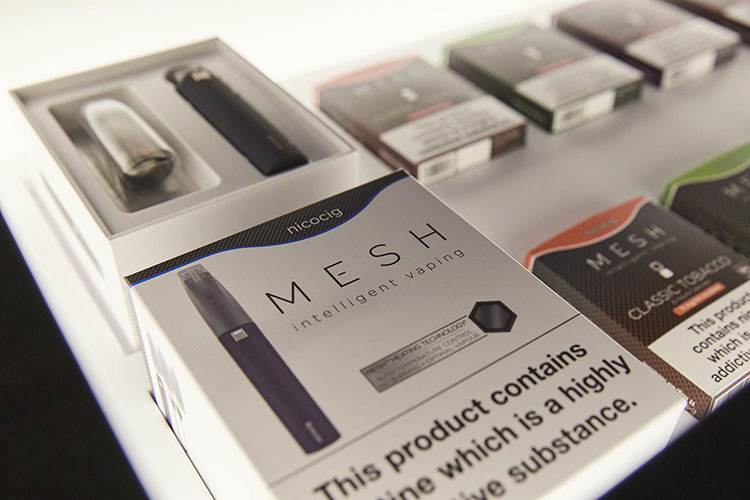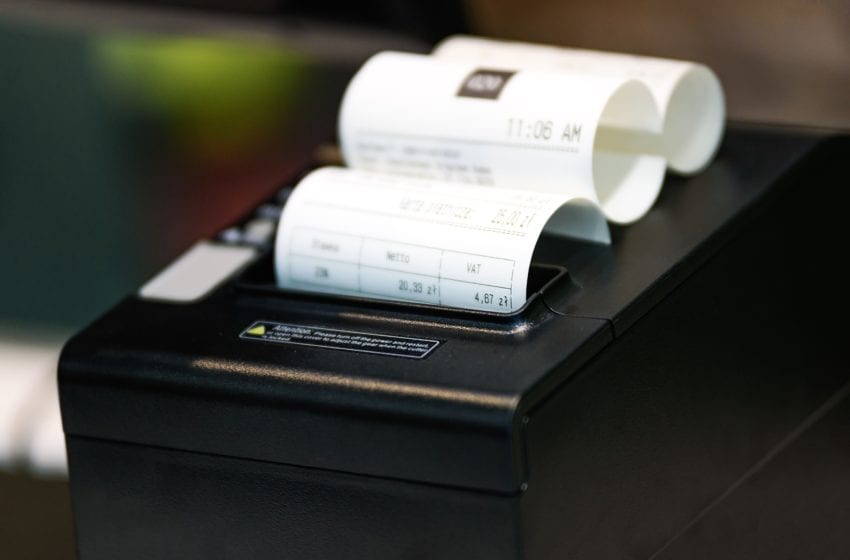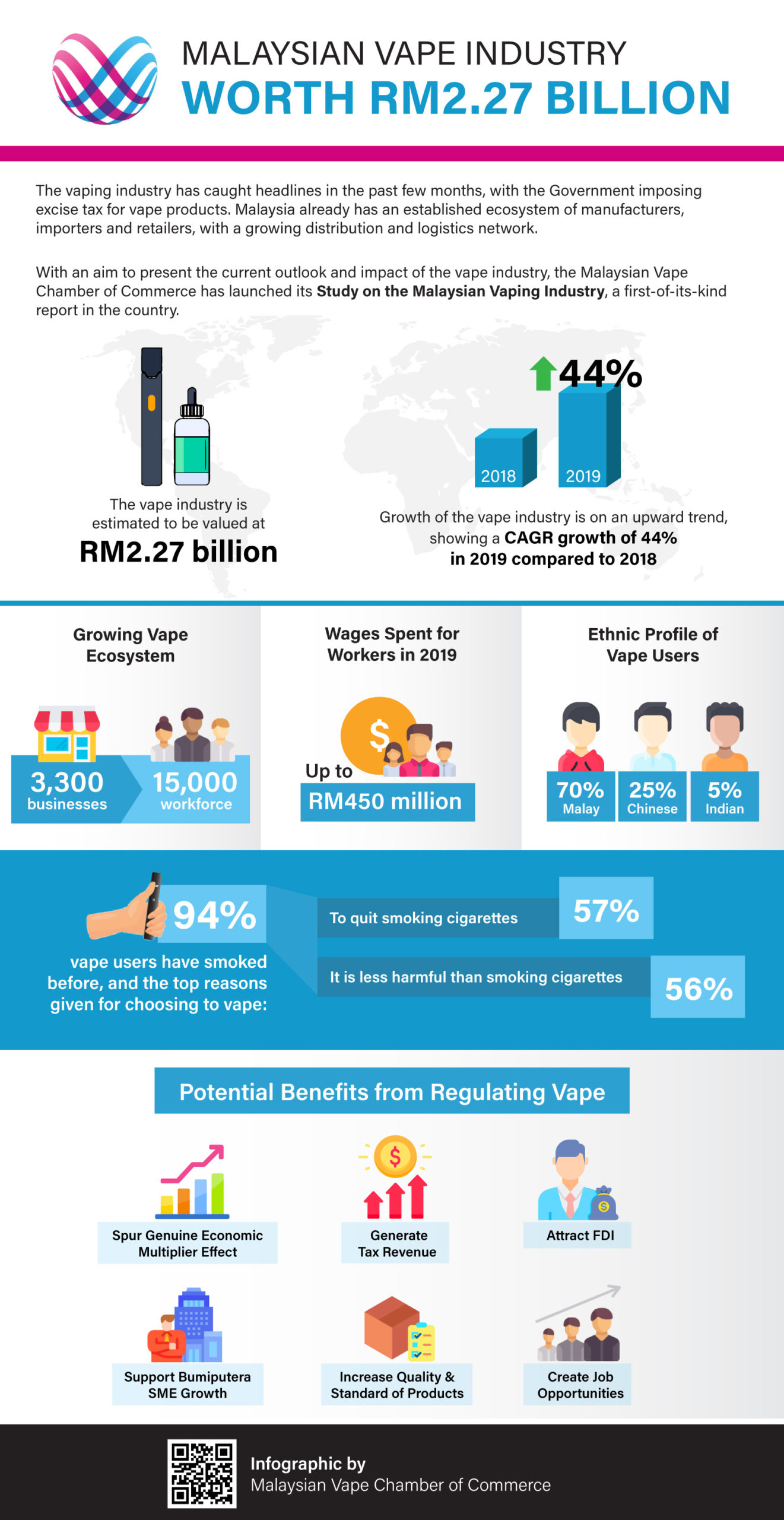New Jersey is one step closer to banning pharmacies in the state from selling any deemed tobacco products, including e-cigarettes.
The Senate Health, Human Services and Senior Citizens Committee approved legislation the legislation sponsored by Senator Joe Vitale, S-1144, would prohibit the sale of all tobacco products and electronic smoking devices at pharmacies, however, department stores and food retailers licensed to operate a pharmacy on its premises or lease space to a third party to run a pharmacy would not be subject to the prohibition.

“Pharmacies have the important responsibility of making and dispensing medicine to patients in the community and providing them with health advice to help them get well,” said Senator Vitale (D-Middlesex), who is chairman of the Senate’s health committee. “With tobacco as the leading cause of preventable death and disease in the nation, it’s antithetical that pharmacies sell tobacco products and smoking devices.”
Research shows most smokers begin using tobacco products as minors and that pharmacies are an important point of access for young users, Senator Vitale noted in a press release. It also suggests that banning tobacco sales in pharmacies can reduce “tobacco retail outlet density,” which is associated with higher rates of youth usage as well as racial and economic disparities in tobacco use.
The owners of any businesses caught violating the ban would be subject to a civil penalty of not less than $250 for a first violation, $500 for a second violation, and $1,000 for a third or subsequent violation.
The bill exempts food and department stores because previous versions of the bill had stalled in the Senate Budget & Appropriations Committee because they had not included that exemption. CVS has not sold tobacco in its stores nationwide since 2014 while Wegmans stopped selling them in 2008.























